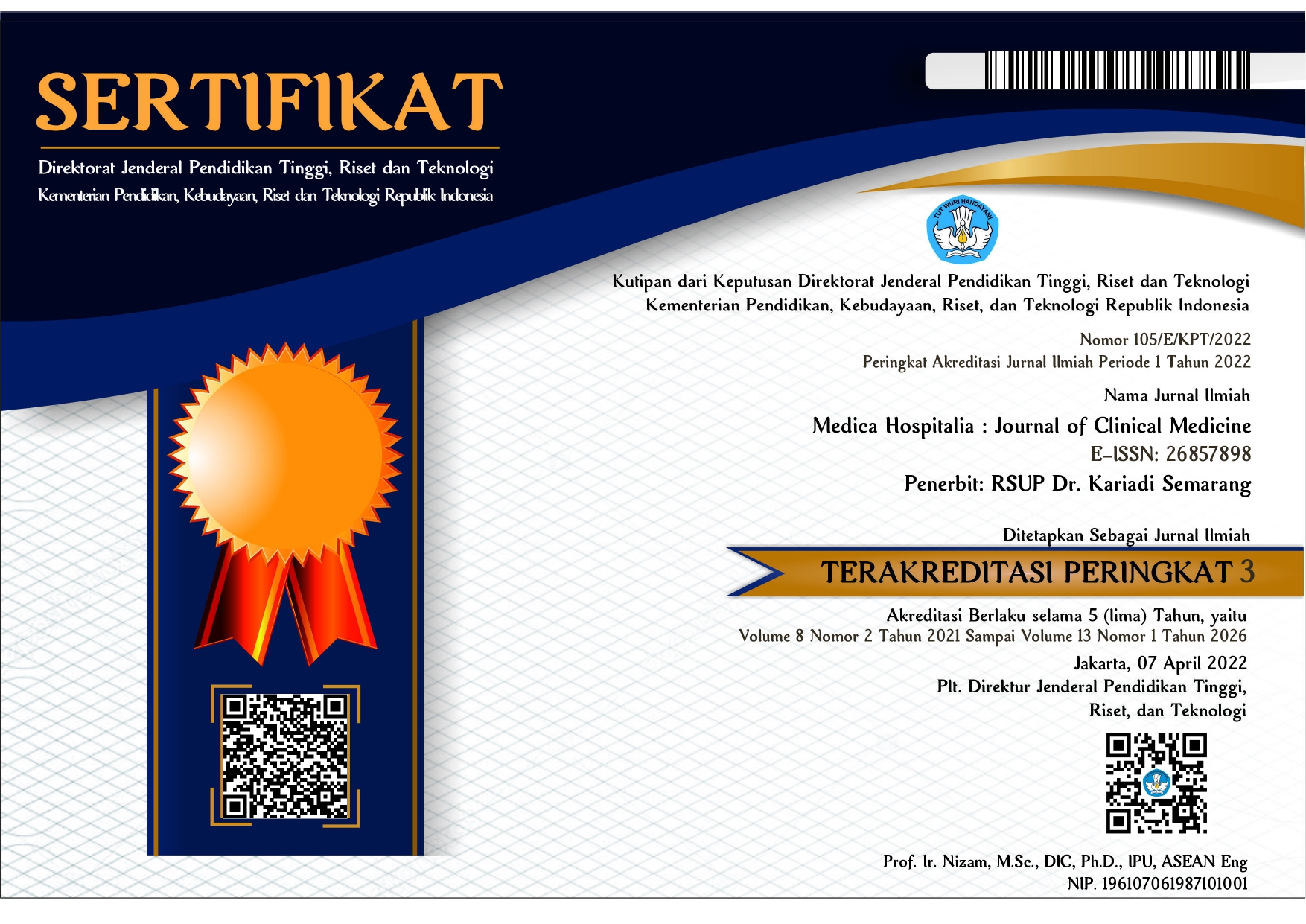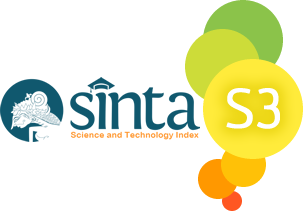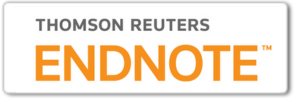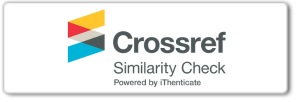Ketogenic Diet for Treatment 2-Year 9 Month Old Boy With Intractable Epilepsy
DOI:
https://doi.org/10.36408/mhjcm.v6i2.395Abstract
Background:The ketogenic diet (KD) is a high-fat, low-carbohydrate, and normal-protein diet that has been used for the treatment of medically refractory childhood epilepsy since the 1920s.The KD includes 80% fat, 15% protein, and 5% carbohydrate; the ratio of fat to carbohydrate plus protein ranges from 2:1 to 4:1.The purpose of the case report was to learn benefits and factors that influence the administration of the ketogenic diet in intractable epilepsy.
Case:A 2-years 9 months old boy since 3 month of age the child begins seizure. Five month the child was diagnosed with epilepsy received one type of anti epileptic drug (AED). Seven months of age the child began control in outpatient clinic Neurology Department of Dr. Kariadi Hospital with a diagnosis of general epilepsy, were given 2 type of AEDs. Since10 month of age the child was given 3 type of AEDs. The child still often seizure, at 15 months was diagnosed intractable epilepsyand at 29monthof age, was programed to have long term EEG and KD during hospitalization.
Conclusion:The administration of KD in 2-years9 months old boy with intractable epilepsyshowed benefits in reducing the frequency of seizures.
Key word : Ketogenic Diet, Intractable Epilepsy, Child
Downloads
Additional Files
Published
How to Cite
Issue
Section
Citation Check
License
Copyright (c) 2019 Medica Hospitalia : Journal of Clinical Medicine

This work is licensed under a Creative Commons Attribution-ShareAlike 4.0 International License.
Copyrights Notice
Copyrights:
Researchers publishing manuscrips at Medica Hospitalis: Journal of Clinical Medicine agree with regulations as follow:
Copyrights of each article belong to researchers, and it is likewise the patent rights
Researchers admit that Medica Hospitalia: Journal of Clinical Medicine has the right of first publication
Researchers may submit manuscripts separately, manage non exclusive distribution of published manuscripts into other versions (such as: being sent to researchers’ institutional repository, publication in the books, etc), admitting that manuscripts have been firstly published at Medica Hospitalia: Journal of Clinical Medicine
License:
Medica Hospitalia: Journal of Clinical Medicine is disseminated based on provisions of Creative Common Attribution-Share Alike 4.0 Internasional It allows individuals to duplicate and disseminate manuscripts in any formats, to alter, compose and make derivatives of manuscripts for any purpose. You are not allowed to use manuscripts for commercial purposes. You should properly acknowledge, reference links, and state that alterations have been made. You can do so in proper ways, but it does not hint that the licensors support you or your usage.

























